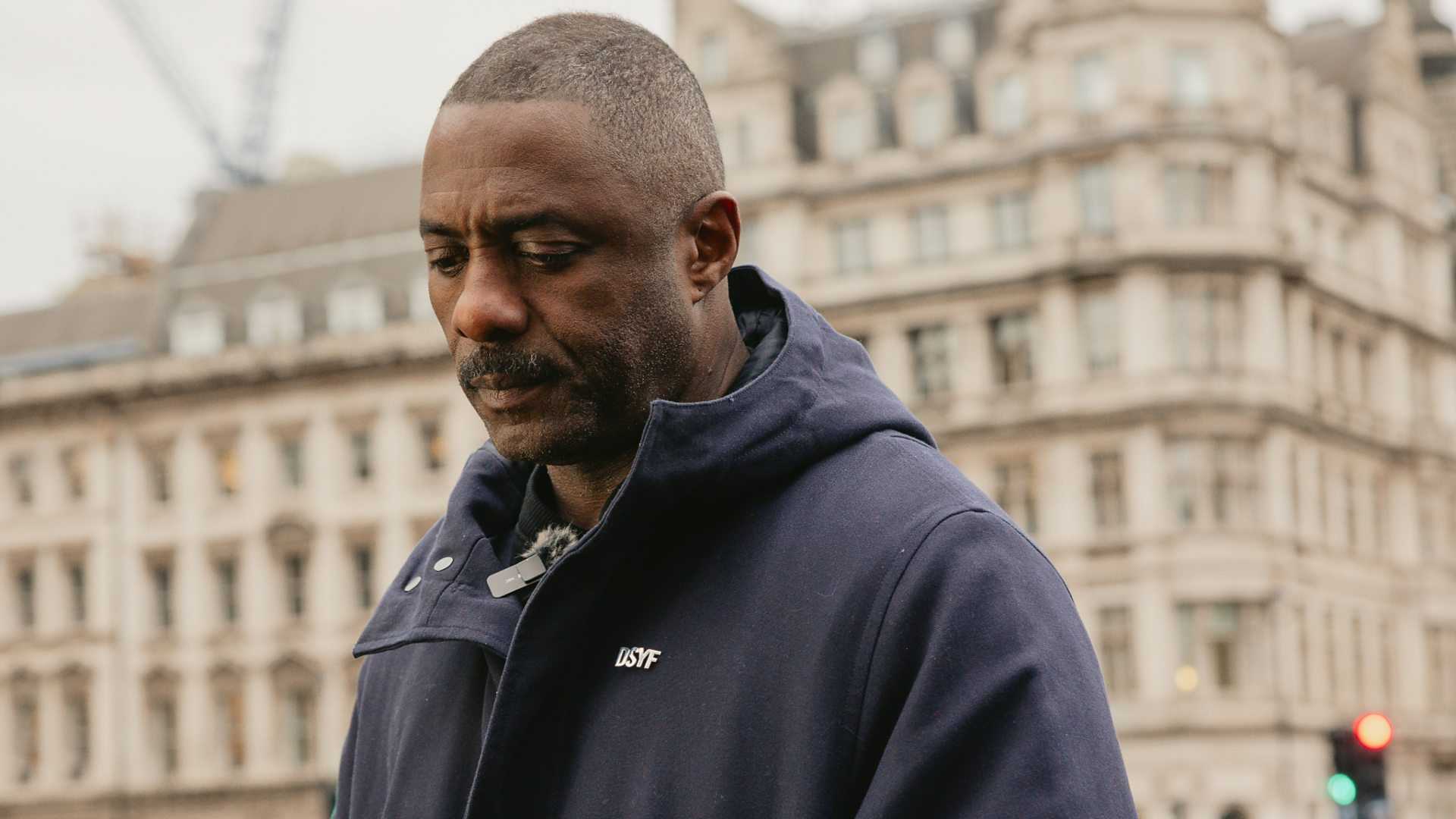News
Idris Elba Urges Early Intervention to Tackle UK Knife Crime Crisis

LONDON, UK – Actor Idris Elba has called for early intervention in schools and innovative measures, such as redesigning domestic knives, to address the UK’s escalating knife crime crisis. The 52-year-old Hollywood star spent a year making a BBC documentary, ‘Idris Elba: Our Knife Crime Crisis,’ which explores solutions to the issue through conversations with victims’ families, police, and young offenders.
Elba emphasized the need for action before children reach their teenage years, particularly when they face school exclusions. “When a young child is excluded, they’re more likely to go towards a dark place,” he told the BBC. However, he also highlighted successful intervention programs, such as the Community Initiative to Reduce Violence (Cirv) in Coventry, which has helped teenagers like 16-year-old Jayden turn their lives around.
According to the Youth Endowment Fund (YEF), 507 children were treated in English hospitals for knife injuries in the 12 months leading up to April 2024. Elba, a father of three, described the crisis as deeply personal. “As a parent, that’s always going through your mind,” he said.
In the documentary, Elba meets a 17-year-old inmate at Feltham young offender institution who began carrying a knife at 13 after being bullied. “When I had a knife, I felt like I could do anything, like I was a god – nobody could touch me,” the teenager said. Elba also spoke with Jayden, who joined Cirv after being excluded from school and diagnosed with autism and ADHD. Through the program, Jayden found purpose in a football academy and now aspires to be a coach.
Elba urged the government to allocate more funding to prevention programs like Cirv, which costs £1,500 per child annually. “There needs to be a very radical look at where we spend our money,” he said. “How we spend our money, what are the effective solutions versus the ones that we’re wasting a lot of money on that aren’t effective.”
Diana Johnson, minister for policing, fire, and crime prevention, confirmed that the government has banned zombie knives and is progressing with a ban on ninja swords. However, Elba stressed the importance of addressing root causes. “In the longer term, we need to ensure that the right prevention systems are in place to stop crime in its tracks,” Johnson added.
The documentary also challenges misconceptions about knife crime, revealing that 69% of perpetrators are white and that the issue is spreading fastest in areas like Somerset, Bedfordshire, and Sussex. Elba’s empathetic approach shines through as he comforts victims’ families, including Tayla Pitman, whose brother Harold was killed by a white assailant. “Everyone failed,” said Pooja Kanda, whose son Ronan was fatally stabbed. “The police, education systems, the families. All those failures are why my son is not on this side of the bed.”
Despite the heartbreak, the documentary offers hope through tangible solutions, such as hospital interventions, knife amnesties, and mentorship programs. Elba remains committed to the cause, describing his role as “an amplification device” for a vital issue. “This is a marathon, not a sprint,” he said.












